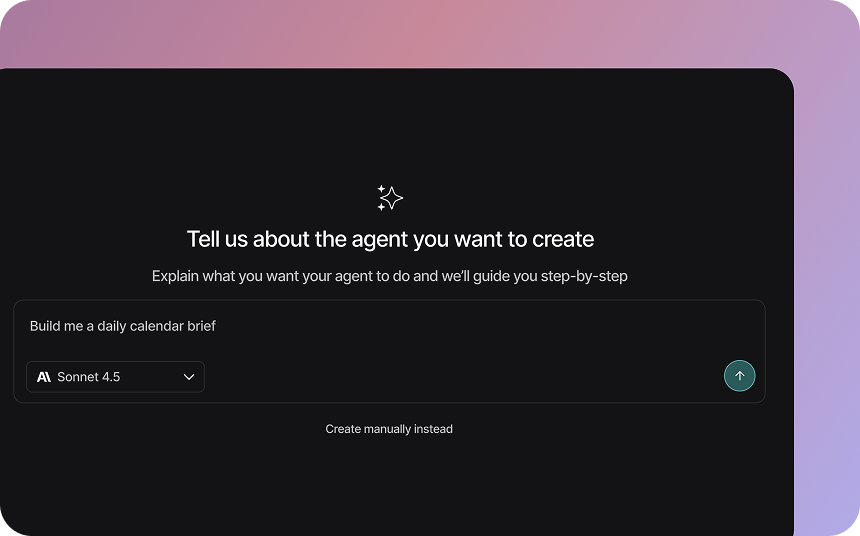
A key part of Agent Builder is its memory system. In this article we cover our rationale for prioritizing a memory system, technical details of how we built it, learnings from building the memory system, what the memory system enables, and discuss future work.

You can't build reliable agents without understanding how they reason, and you can't validate improvements without systematic evaluation.
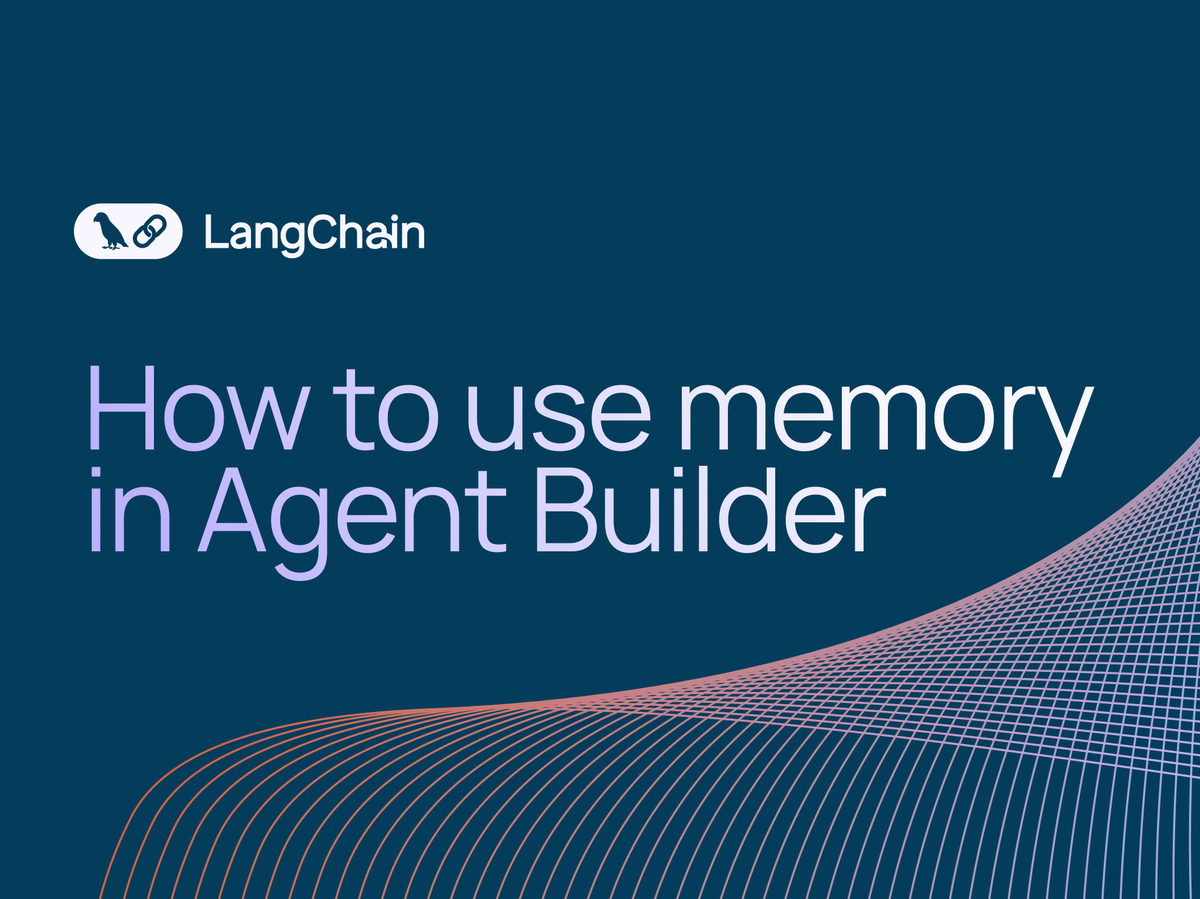
By Jacob Talbot Agent Builder gets better the more you use it because it remembers your feedback. Every correction you make, preference you share, and approach that works well is something that your agent can hold onto and apply the next time. Memory is one of the things that makes
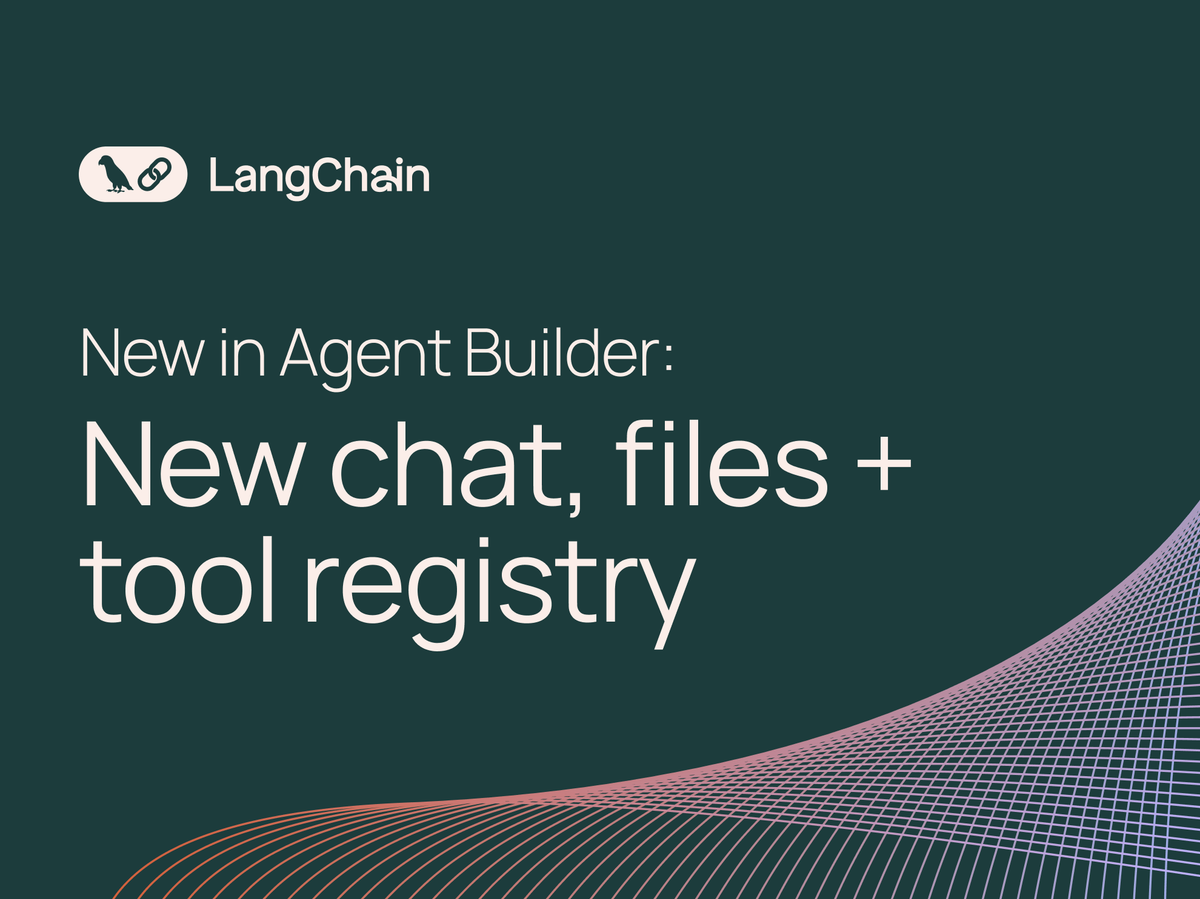
Today, we're expanding what you can do with LangSmith Agent Builder. It’s an big update built around a simple idea: working with an agent should feel like working with a teammate. We rebuilt Agent Builder around this idea. There is now an always available agent (”Chat”) that you can
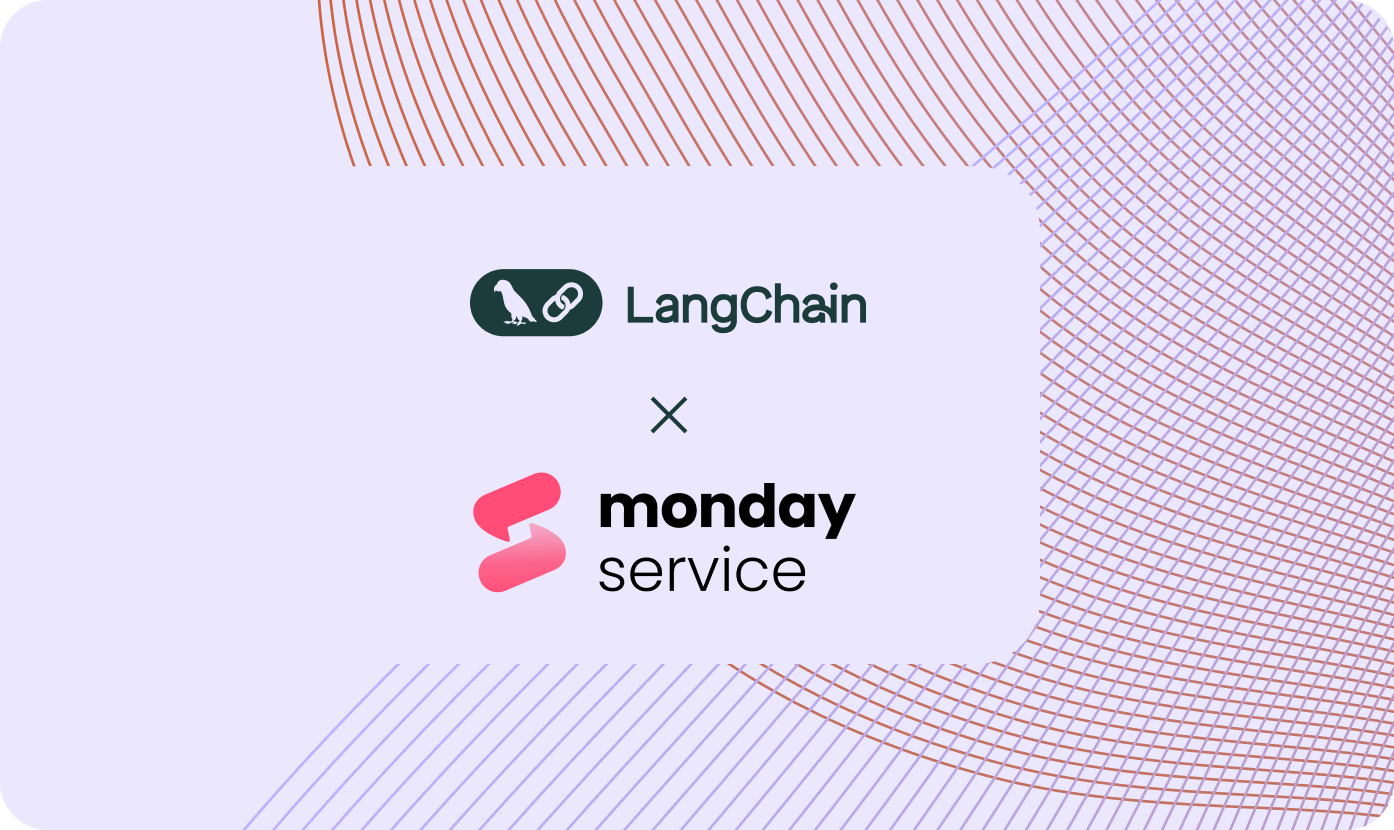
Learn how monday Service developed an eval-driven development framework for their customer-facing service agents.
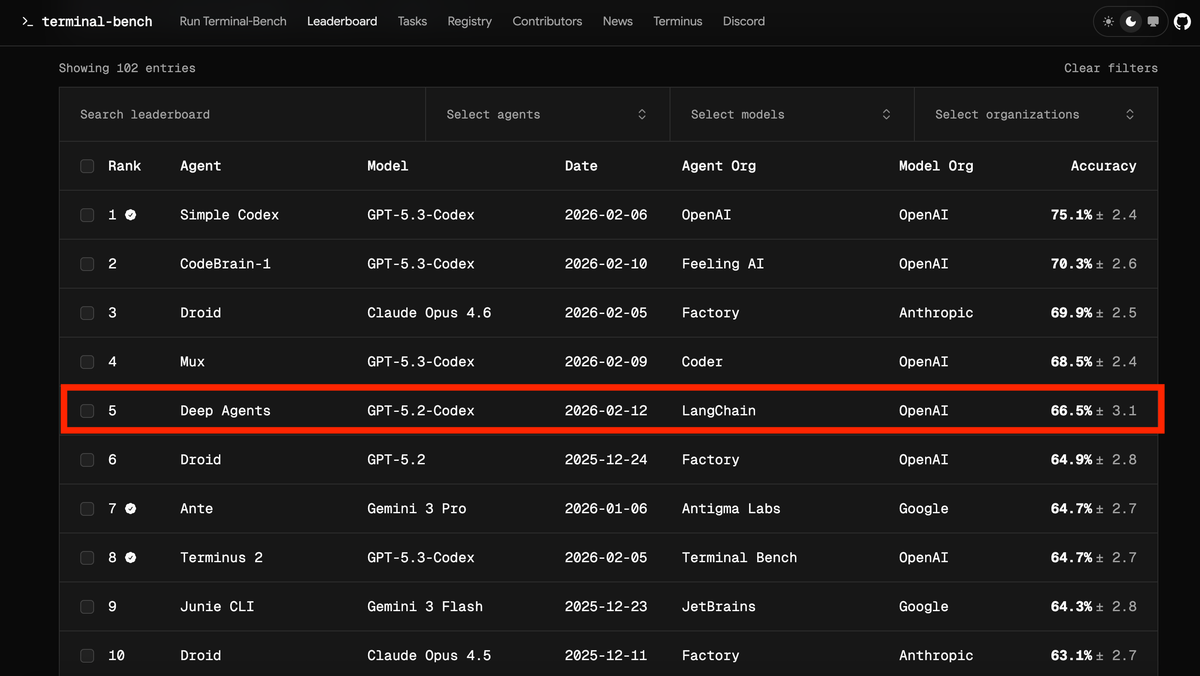
TLDR: Our coding agent went from Top 30 to Top 5 on Terminal Bench 2.0. We only changed the harness. Here’s our approach to harness engineering (teaser: self-verification & tracing help a lot). The Goal of Harness Engineering The goal of a harness is to mold the inherently spiky
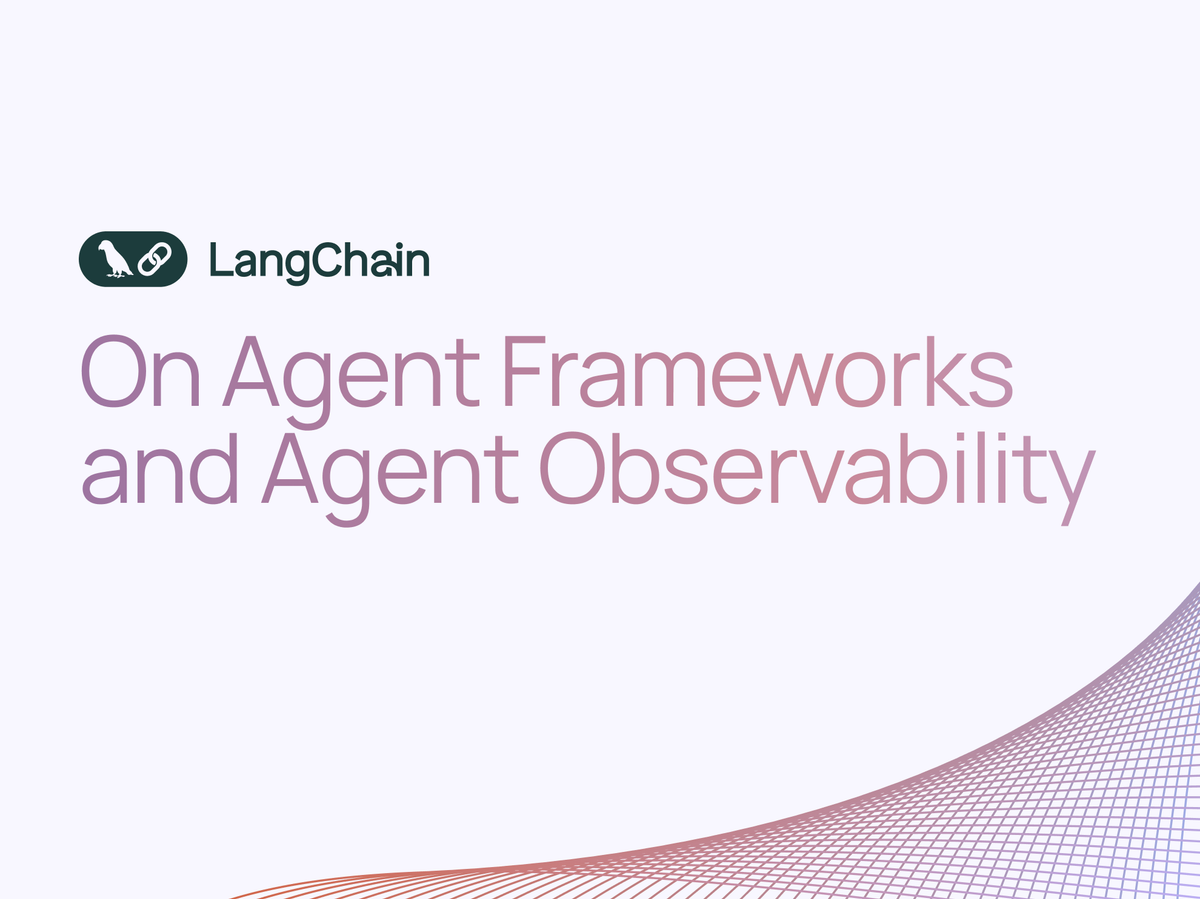
Every time LLMs get better, the same question comes back: "Do you still need an agent framework?" It's a fair question. The best way to build agents changes as the models get more performant and evolve, but fundamentally, the agent is a system around the model, so they will not
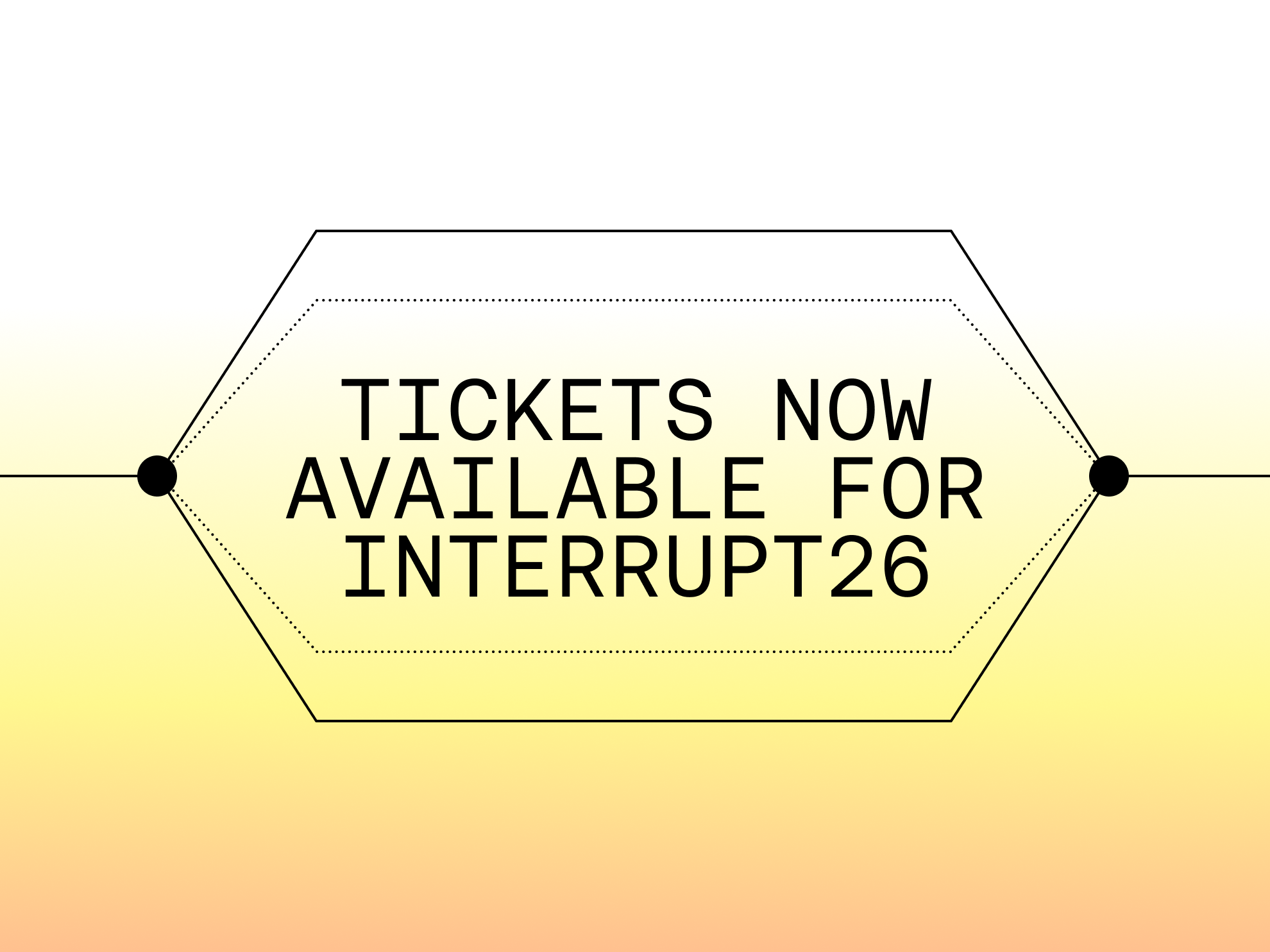
Interrupt - The Agent Conference by LangChain - is where builders come to learn what's actually working in production. This year, we're bringing together more than 1,000 developers, product leaders, researchers, and founders to share what's coming next for agents—and how to build it. Join us May 13-14
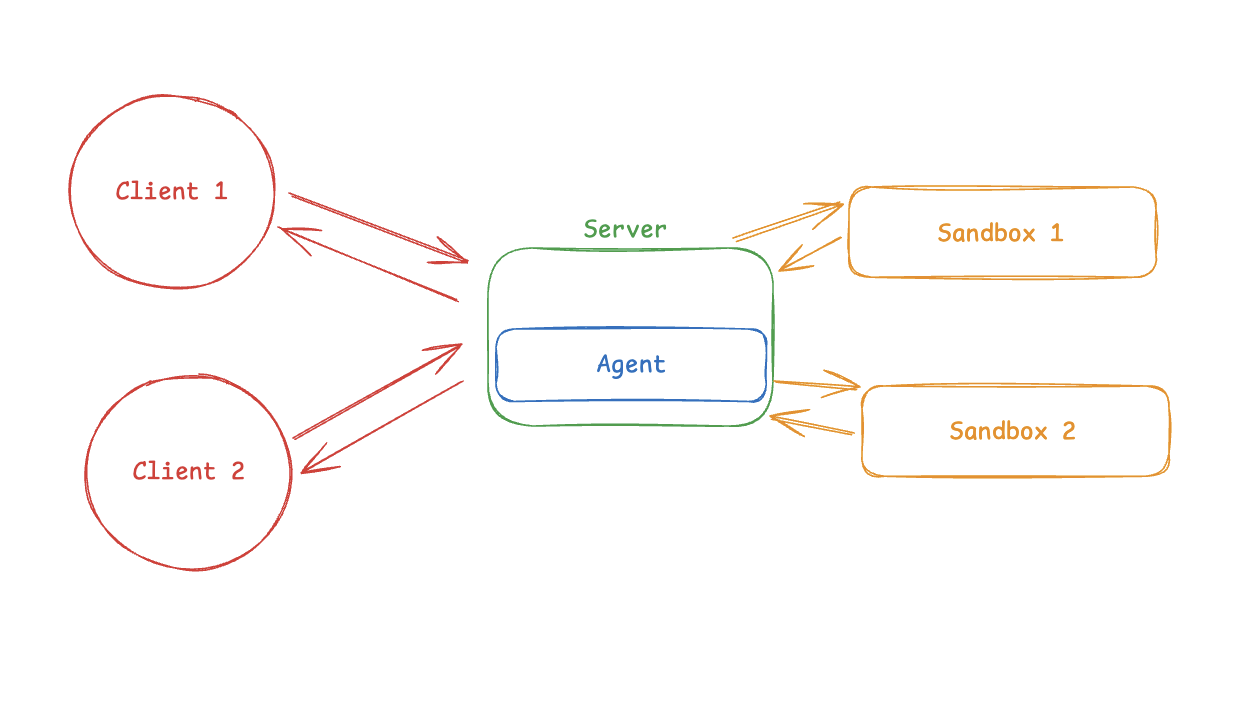
Thank you to Nuno Campos from Witan Labs, Tomas Beran and Mikayel Harutyunyan from E2B, Jonathan Wall from Runloop, and Ben Guo from Zo Computer for their review and comments. TL;DR: * More and more agents need a workspace: a computer where they can run code, install packages, and access

Today, we're thrilled to announce that LangSmith, the agent engineering platform from LangChain, is available in Google Cloud Marketplace. Google Cloud customers can now procure LangSmith through their existing Google Cloud accounts, enabling seamless billing, simplified procurement, and the ability to draw down on existing Google Cloud commitments. LangSmith is

Read about the latest product updates, events, and content from the LangChain team

Read about the latest product updates, events, and content from the LangChain team
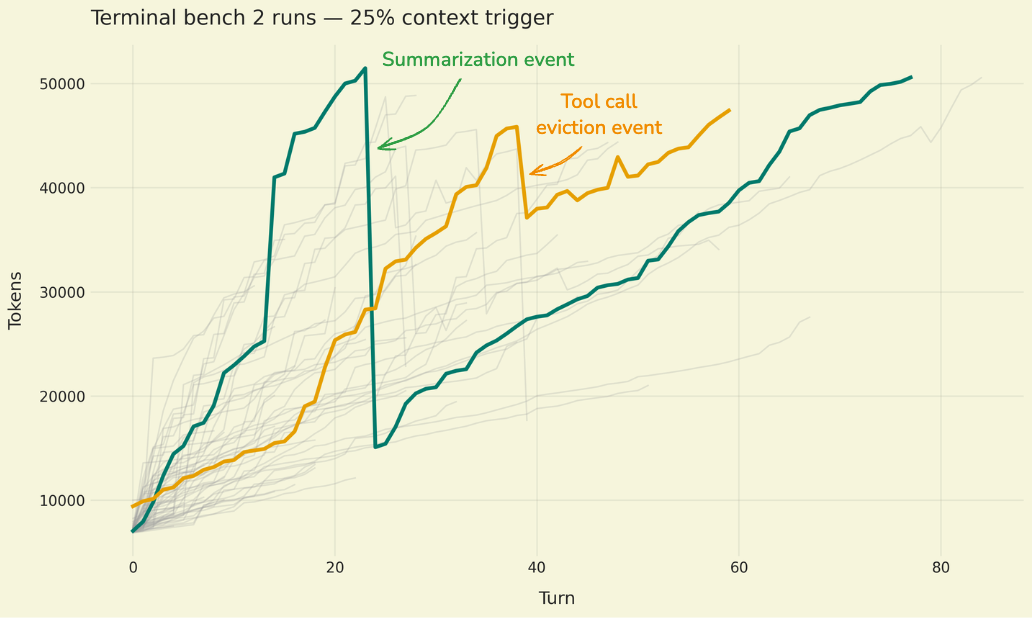
By Chester Curme and Mason Daugherty As the addressable task length of AI agents continues to grow, effective context management becomes critical to prevent context rot and to manage LLMs’ finite memory constraints. The Deep Agents SDK is LangChain’s open source, batteries-included agent harness. It provides an easy path

By Chester Curme and Mason Daugherty As the addressable task length of AI agents continues to grow, effective context management becomes critical to prevent context rot and to manage LLMs’ finite memory constraints. The Deep Agents SDK is LangChain’s open source, batteries-included agent harness. It provides an easy path